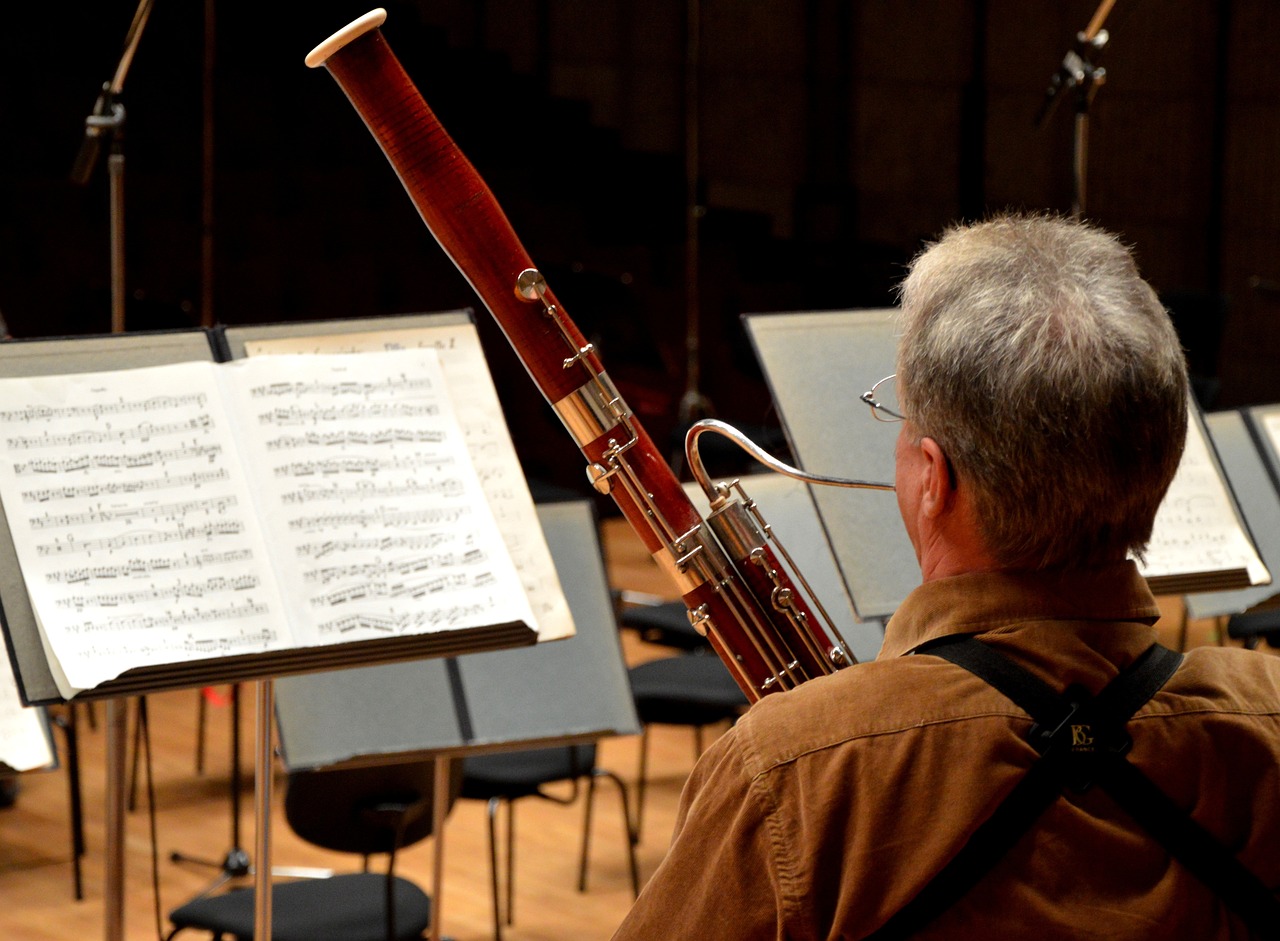Online Degrees in Music: Exploring Digital Composition and Production

In recent years, the field of music has undergone a digital revolution, with advancements in technology transforming the way music is composed, produced, and distributed. Online degrees in music offer aspiring musicians and producers the opportunity to explore digital composition and production from the comfort of their own homes.
This blog delves into the world of online music education, highlighting the benefits of pursuing a degree in music online and the skills needed to succeed in the digital realm.
Embracing Digital Innovation
Online degrees in music embrace digital innovation, providing students with the tools and techniques needed to create music in the digital age. From software-based composition to virtual instrument libraries, online music programs leverage technology to simulate traditional studio environments and equip students with the skills to produce professional-quality music from their computers.
Flexibility and Accessibility
One of the key advantages of pursuing a music degree online is the flexibility and accessibility it offers. Online programs allow students to learn at their own pace, enabling them to balance their studies with other commitments such as work or family responsibilities. Additionally, online education eliminates geographical barriers, allowing students from diverse backgrounds to access high-quality music education regardless of their location.
Hands-on Learning Opportunities
Despite being delivered in a virtual format, online music degrees provide ample hands-on learning opportunities for students. Through virtual studio sessions, interactive assignments, and collaborative projects, students gain practical experience in music composition, production, and sound engineering. Moreover, many online programs offer access to industry-standard software and tools, allowing students to hone their skills in a professional setting.
Diverse Curriculum
Online music degrees offer a diverse curriculum that covers various aspects of music composition, production, and performance. From music theory and ear training to digital audio production and sound design, students have the opportunity to explore different genres, styles, and techniques under the guidance of experienced instructors. Additionally, many programs incorporate courses on music business and entrepreneurship, preparing students for careers in the music industry.
Building a Digital Portfolio
One of the primary goals of an online music degree is to help students build a digital portfolio showcasing their creative work and technical skills. Through individual projects, collaborative assignments, and performance opportunities, students develop a portfolio of original compositions, arrangements, and recordings that demonstrate their musical proficiency and artistic vision. This portfolio serves as a valuable asset when applying for jobs or pursuing further opportunities in the music industry.
Conclusion
Online degrees in music offer a dynamic and accessible pathway for aspiring musicians and producers to explore digital composition and production. By leveraging technology, flexibility, and hands-on learning opportunities, online music programs empower students to develop their creative voice, hone their technical skills, and pursue careers in the ever-evolving landscape of the music industry.






